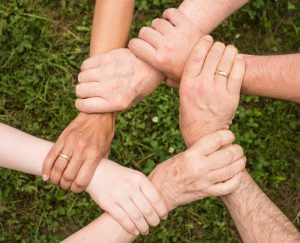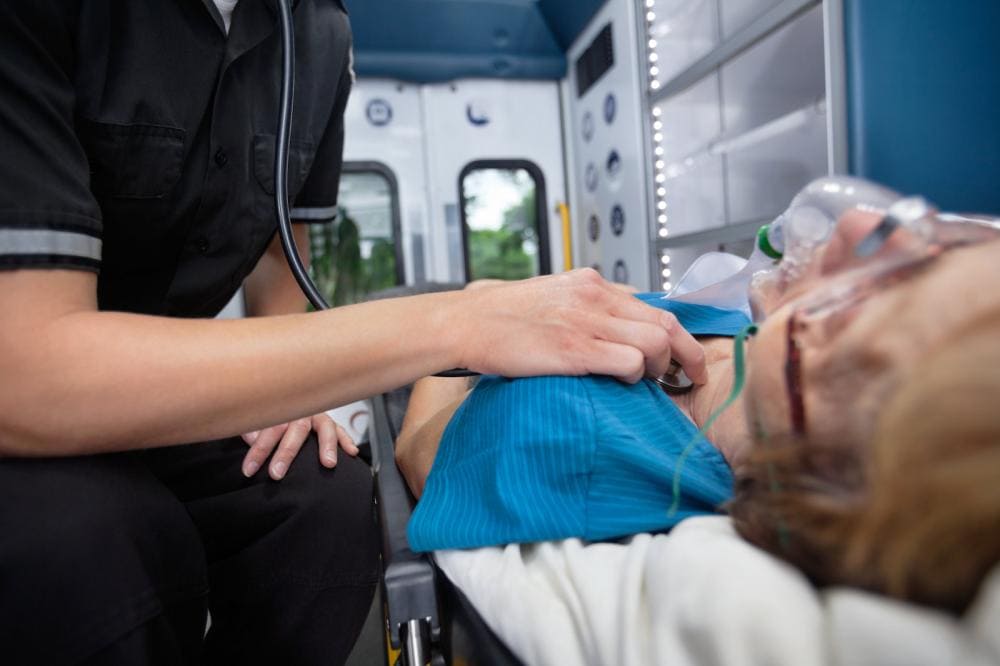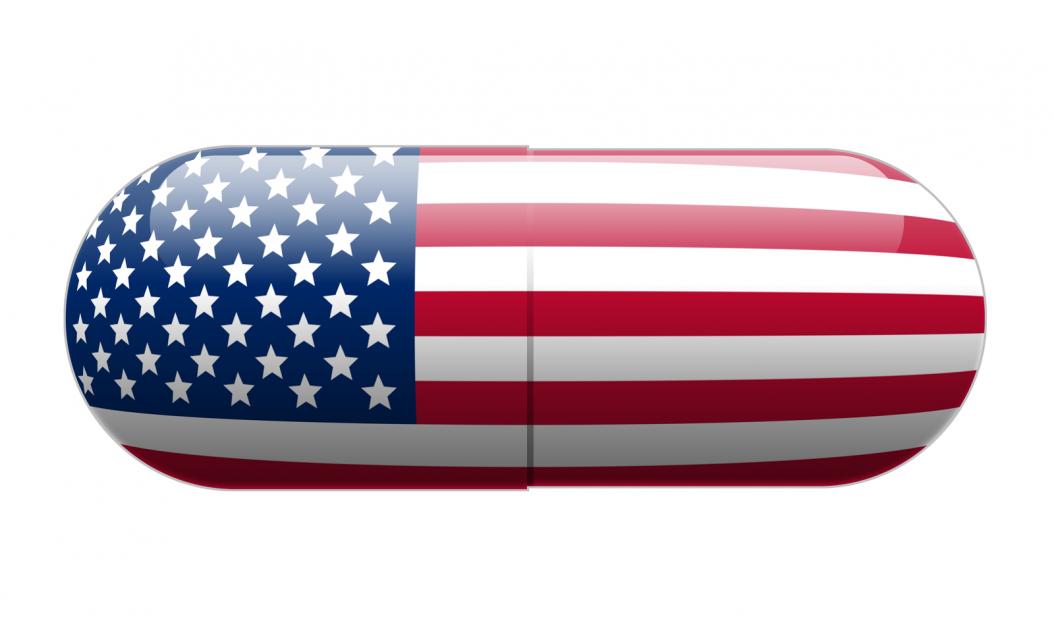
A nonprofit coalition has worked to deliver 155,000 doses of the opioid overdose-reversal drug, Naloxone, to recovery homes in five states hit hard by overdoses. The COVID-19 pandemic has hit treatment centers and individuals with addiction issues particularly hard this year. Many states have reported that their rate of overdose deaths are now in the double digits.
Overdose deaths have been attributed to a storm of factors. More people are relapsing than ever, buckling under the weight of closing resources and added stresses of COVID-19. They are also using opioids alone more often, which can cause them to overdose without calling for help.
Coalition Wants to Save Lives With Naloxone
The Clinton Foundation has partnered with Direct Relief International and other nonprofit and public health groups to address the silent epidemic of overdoses that have been taking place since the COVID-19 pandemic.
As a part of these efforts, President Bill Clinton and other backers of the initiative are working to stock naloxone in sober recovery homes. Most sober living homes are populated by people new to recovery who are in a fragile state during the pandemic. Vulnerable to relapse, people in these environments are under tremendous stress than ever before. The Naloxone will function as a lifesaving tool. It won’t, however, fix the disparities for healthcare in the addiction recovery industry.
“There are too many people whose lives are being lost and destroyed,” President Clinton told USA TODAY. “And we can make it a lot better. So I’m just hoping that what we’re doing here will make a big difference to the brave people running all these recovery homes.”
Other Challenges Remain
Aside from Naloxone, more resources are needed to help people stay clean and get the treatment they need to recover from addiction. COVID-19 threw a wrench in the recovery industry, and funds were often diverted to pay for other health initiatives.
People who are addicted to drugs or alcohol are particularly vulnerable to the COVID-19 pandemic. People who are addicted often do risky and dangerous things, especially in pursuit of their drug of choice. Narcotics, also, have had shortages since the borders of the United States have shut down. Because of this, illicit drugs have often been tainted with fentanyl, which is becoming a significant cause of overdoses in the past several years.
There is an epidemic of overdoses in the United States, and treatment facilities and other advocates need all the help they can get to help stop the trend of overdoses so people can get a chance to recover.



